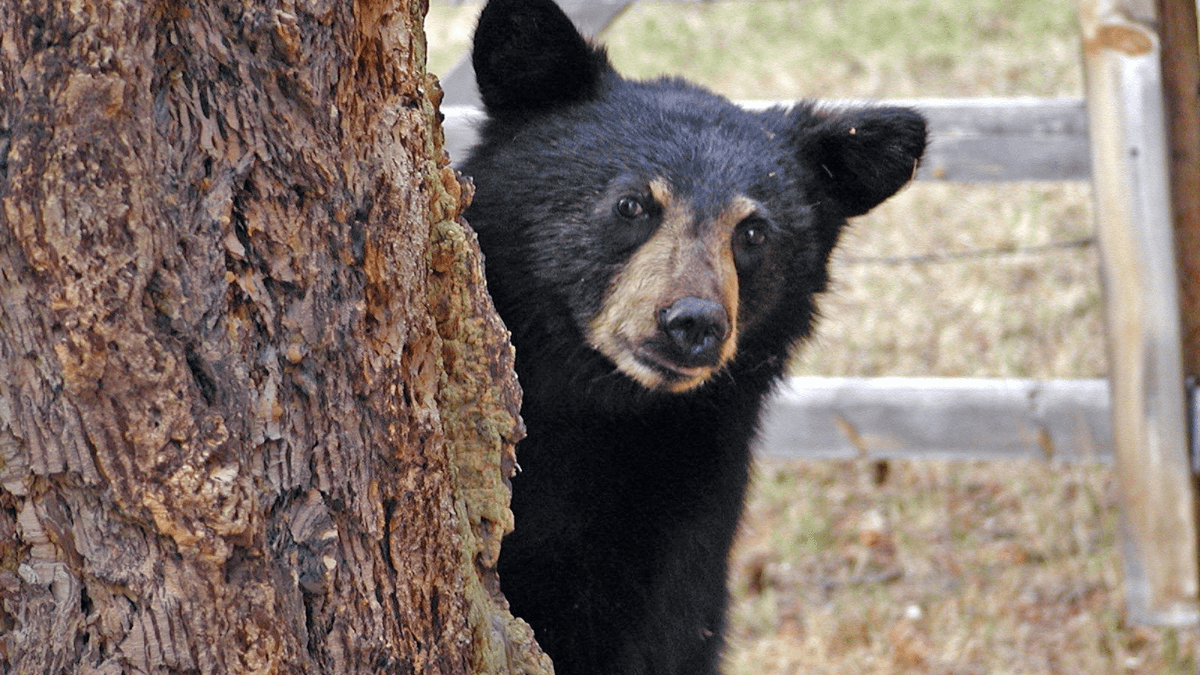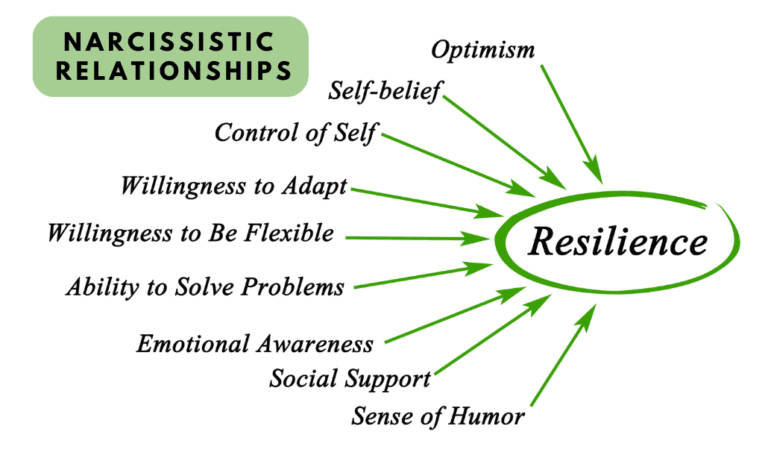Why Women Are Preferring Bears Over Men: A New Trend in Gender Dynamics - 3 Things to Explore
Man vs. Bear - What is Going On Here?
In recent months, a curious trend has emerged: some women are humorously claiming to prefer the company of bears over men. This shift, while initially sounding absurd, has gained traction as a metaphor for the growing frustration many women feel toward men due to historical and ongoing issues in gender relations. This article delves into this trend, exploring the underlying causes, the emotional responses from both genders, and the broader implications for societal awareness and change.
The Trend Explained
The preference for bears over men is, of course, not literal. Rather, it serves as a symbolic expression of discontent with the way women have been treated by men historically and in contemporary society. The imagery of a bear—often perceived as powerful, solitary, and majestic—contrasts sharply with negative stereotypes associated with men, such as aggression, entitlement, and insensitivity.
Historical Context
To understand this trend, it’s essential to consider the historical context of gender relations. For centuries, women have faced systemic oppression, discrimination, and violence at the hands of men. Issues such as unequal pay, domestic violence, and sexual harassment have persisted despite significant progress in gender equality.
These longstanding grievances have led to a collective weariness and, in some cases, a desire to seek solace in symbols like the bear, which represent strength and independence without the baggage of human societal issues.
How Some Women Feel (Generally Speaking)
Many women who resonate with this trend express a range of emotions, from frustration to empowerment. Here are some key sentiments:
Frustration and Exhaustion: A significant number of women feel exhausted by the ongoing struggle for equality and respect. The constant battle against sexism and misogyny, both overt and subtle, has taken a toll. Preferring bears over men becomes a humorous yet poignant way to voice their exasperation.
Empowerment and Independence: Embracing the symbolism of the bear allows women to assert their independence and strength. It becomes a declaration of self-reliance and resilience in the face of adversity.
Seeking Solace: For some, this trend is about seeking emotional safety and comfort. The idea of a bear, which does not judge or impose societal expectations, provides a mental escape from the complexities of human relationships.
Critique of Toxic Masculinity: By preferring bears, women critique toxic masculinity and the behaviors it encompasses. It’s a way to highlight how harmful traditional notions of masculinity can be and advocate for healthier, more respectful interactions between genders.
How Some Men Feel
Men’s reactions to this trend vary widely, from defensiveness to introspection. Here are some common responses:
Defensiveness and Confusion: Some men feel attacked and misunderstood by this trend. They may interpret it as a blanket condemnation of all men, leading to feelings of defensiveness and confusion. These men might argue that they too face societal pressures and injustices.
Introspection and Growth: On the other hand, many men see this trend as an opportunity for introspection. They recognize the need to listen to women’s experiences and acknowledge their role in perpetuating gender inequalities. This awareness can lead to personal growth and a commitment to change.
Solidarity and Support: There are also men who stand in solidarity with women, understanding the symbolism behind preferring bears over men. These men advocate for gender equality and work alongside women to address and dismantle systemic issues.
Frustration and Fear: Some men express frustration and fear about the future of gender relations. They worry about being unfairly labeled or ostracized due to the actions of others and seek reassurance that they can still build meaningful, respectful relationships with women.
Broader Implications
The trend of preferring bears over men serves as a catalyst for important discussions about gender dynamics. Here are some broader implications:
Increased Awareness: This trend raises awareness about the ongoing struggles women face. It prompts conversations that might otherwise be avoided, bringing issues like sexism, harassment, and inequality to the forefront.
Opportunity for Dialogue: The metaphor provides a unique entry point for dialogue between men and women. It encourages both genders to reflect on their behaviors and attitudes and to engage in open, honest discussions about improving gender relations.
Call for Change: By highlighting the dissatisfaction many women feel, this trend calls for systemic change. It underscores the need for continued efforts toward gender equality, respect, and mutual understanding.
Empathy and Understanding: For men, understanding the reasons behind this trend can foster empathy. Recognizing the deep-seated issues women face can help men become better allies and advocates for change.
Moving Forward
While there may not be a straightforward solution to the complex issues highlighted by this trend, being part of the discussion is crucial. Here are some steps we can take collectively:
Active Listening: Men can make a concerted effort to listen to women’s experiences without becoming defensive. Understanding and acknowledging their feelings is a vital first step.
Education and Awareness: Both men and women can educate themselves about gender issues and the historical context of gender inequality. This knowledge can inform more empathetic and constructive conversations.
Challenging Norms: We must challenge traditional gender norms that perpetuate toxic masculinity and inequality. Encouraging healthier, more respectful models of masculinity can benefit everyone.
Supporting Change: Support organizations and initiatives that work toward gender equality. Advocate for policies and practices that promote respect and fairness in all areas of life.
Fostering Mutual Respect: Building a culture of mutual respect and understanding between men and women is essential. This involves recognizing each other’s humanity and striving for equitable relationships.
The trend of women humorously preferring bears over men is more than just a quirky meme; it reflects deep-seated frustrations and calls for change in gender relations. By acknowledging and addressing these feelings, both men and women can contribute to a more equitable and respectful society. Let’s continue the conversation, foster understanding, and work together towards a future where everyone feels valued and respected.







